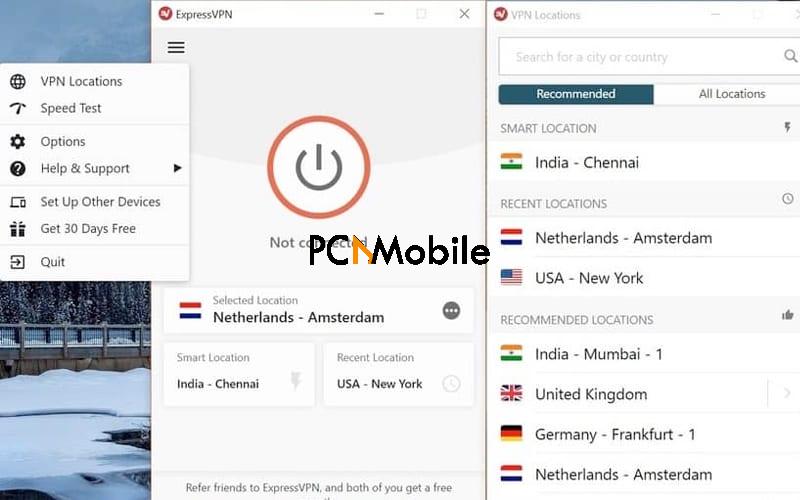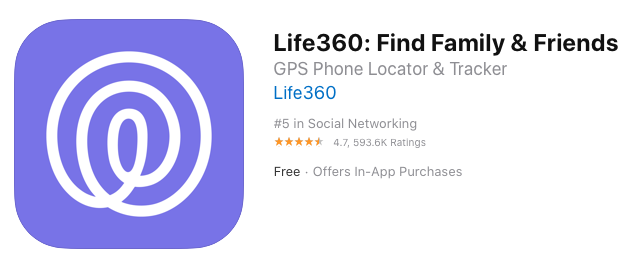
Jiobit is bringing all 25 of its employees to Life360, including CEO and co-founder, John Renaldi. The company says it saw Jiobit as a way to quickly move into a new market, while allowing its time and resources to be focused elsewhere. Hulls has also regularly engaged with teens via TikTok, in a clever marketing move.Īs of the end of 2020, Life360 claimed more than 26 million monthly active users across 195 countries. In more recent months, however, the company has been responsive to teens' criticism of being helicopter-parented with no freedom of privacy, by announcing new features like "bubbles" that instead allow the teen to share a generalized location instead of their specific whereabouts.


San Francisco-based Life360 made a name for itself over the years as an app that parents love, but teens hate. And the new device was waterproof (IPX8) up to 30 minutes in up to five feet of water and had a longer battery life. It also leveraged the reach of low-power, wide-area (LPWA) wireless networks in order to better serve rural regions where cellular coverage is limited and spotty. The new antenna system was specifically designed to increase performance inside schools, stores, high rises and other challenging signal environments. Earlier this year, the company launched an updated version of the Jiobit ($129.99) that included a combination of radios (Bluetooth, Wi-Fi, cellular and GPS), as well as sensors, including an accelerometer/pedometer, temperature sensor and barometer.

The small, lightweight device can be attached to items kids wear or carry, like belt loops, shoelaces and school backpacks, and appealed in particular to families who wanted a way to track younger children who didn't yet have their own mobile device. The Jiobit was first introduced on the market in 2018, mainly as a kid and pet tracker.


 0 kommentar(er)
0 kommentar(er)
